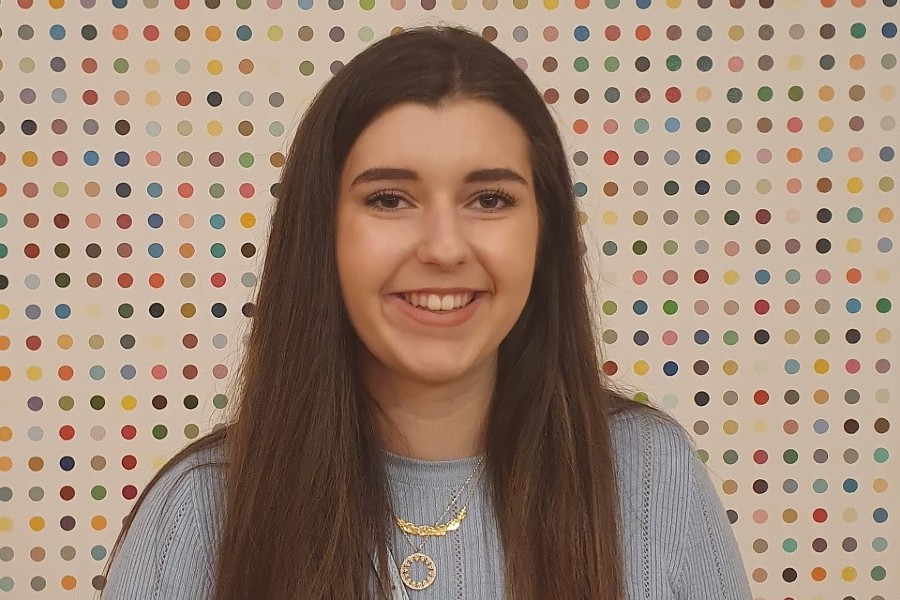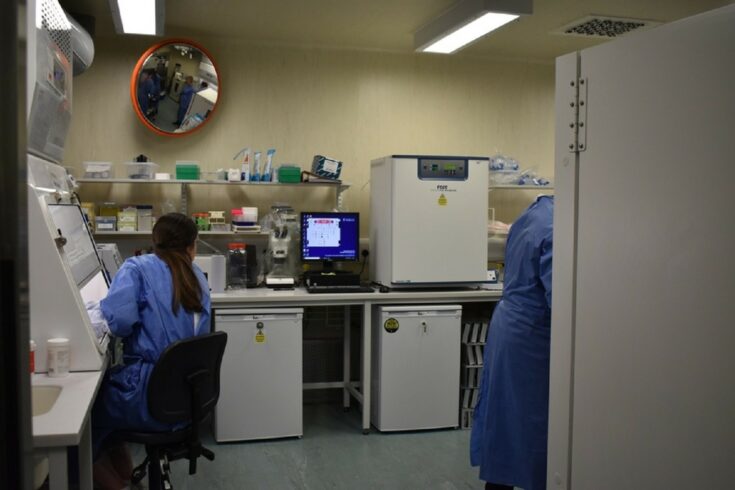COVID-19 has significantly impacted the research and innovation community. To learn how biological sciences PhD students are coping, Biotechnology and Biological Sciences Research Council (BBSRC) researchers launched the Life in Lockdown project.
Life in Lockdown, led by Dr Hayley Moulding, Senior Portfolio Manager for Fellowships and Early Career Researchers at BBSRC, looks at how the BBSRC community is adapting during unprecedented changes to their typical working environments and lives during the COVID-19 pandemic.
Moulding said:
Among the confusion and unpredictability of quarantine and lockdown, BBSRC PhD students have shown resilience, creativity and innovation in the way they are working and how they are spending their time.
The Life in Lockdown project worked to gather thoughts and stories from BBSRC-funded PhD students so that the realities of COVID-19 could be shared.
Asking vital questions
Over 2000 PhD students were surveyed to understand how students were adapting, changing and innovating during COVID-19, as well as learning how they are continuing their research from home. Many students were completing their PhDs on BBSRC Doctoral Training Programmes, others were completing CASE studentships.
The responses showed that doctoral students, researchers and technical staff were facing a variety of changes, including limited or no access to laboratories, a limited ability to carry out fieldwork, limited or stalled research, and additional caring responsibilities.
Moulding continues:
Students shared with us pockets of opportunity and innovation, as well as considerable struggles, mental health and wellbeing challenges, and anxieties regarding their futures.
Uncovering the human story

Rebecca Jensen, PhD student at the University of Liverpool
Rebecca Jensen, a PhD student at the University of Liverpool, said:
The most challenging issue was being unable to perform experiments in the laboratory. My supervisor and I had to come up with ways for me to work at home: analysing data I had gathered before lockdown, writing papers, planning my thesis introduction and making figures.
The University of Liverpool asked for volunteers for COVID-19 projects. I signed up to the ISARIC/WHO CCP study, which involved me being part of a biorepository.
I received a range of positive COVID-19 samples and shipped them to different labs across the country for a range of experiments. Several papers have already been published using this data. I’m glad I was able to apply my skills to help our understanding of COVID-19.
The Life in Lockdown project has highlighted the many diverse stories of PhD students around the country, and when it comes to advancing the frontiers of bioscience discovery and helping researchers remain resilient and adaptable, the work continues.
Last updated: 17 June 2022

